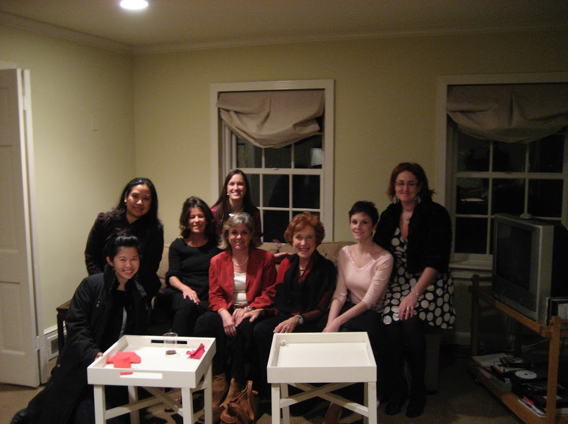Sidra Rausch
Sidra Rausch (1937 – 2017) was an American musician, vocalist, teacher, and playwright. A New York City native, Rausch attended Bennington College and Mannes School of Music, and earned a master’s degree in vocal performance from Boston University. Her recordings include a solo album. Rausch taught at Leslie College and performed in the Boston area. She later cultivated a lively studio in Washington, DC, where she combined classical technique and performance with a Zen approach to the art of singing.
Rausch was the founder and co-artistic director of Washington Women in Theatre, which promotes women's music and theatre projects dealing with political, social, and historical issues from a woman's perspective. Rausch was also a long-time member of the Playwright’s Forum. She received fellowships to the Aspen Music Festival and Playwrights’ Horizons in NYC. Her work was presented at La MaMa Experimental Theater Club in NYC, and recognized by the Kennedy Center and the Source Theatre.
Rausch was devoted to justice and diversity. Her plays are tinged with humor, often feminist, usually Jewish, and always generous. Several are autobiographical. They all reflect their creator’s clear-eyed take on the suffering in the world, as well as her admonition that love and compassion are the remedies. The ambitions of her heroes, though they are almost exclusively heroines, are tempered only by their gentleness
“Meteor Girl: The Collected Plays and Musicals of Sidra Rausch”
A 2018 anthology of Sidra Rausch’s seven plays and two musicals, including Timberland 1961 © 1990; Utopia Parkway © 1999; How I Became a Bennington Girl © 2003; Stella Adler © 2004; Long Beach ’44 © 2007; On the Road to Havana © 2010; Uncle Julie © 2016; The City Prince © 1972; Meteor Girl (Astra) (cowritten with Jerry Robinson) © 1996.
Edited by Marin Rose Correa and Nita Congress, with a foreword by Karen Berman, PhD.
“This collection of works fulfills, I hope, a promise I made to their author to complete the project we started together in the last months of her life. Knowing her time was coming to an end, Sidra accepted my offer to assemble her scripts into a single volume, for new readers, actors, and directors, to enjoy and, perhaps, bring to the stage.
My great hope is that, with this book, Sidra’s work and her message will touch new readers and inspire artists to give new life to her beautiful plays.”







